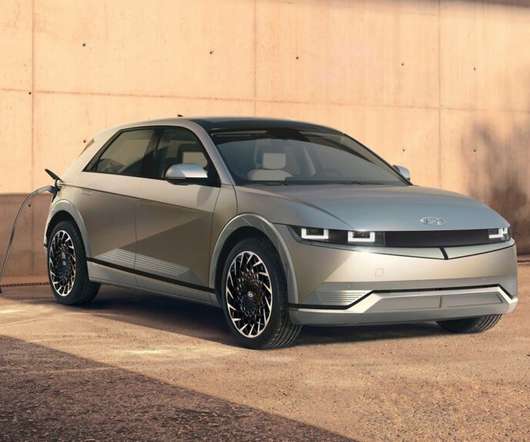Volvo To Go All Electric By 2030 – EV Week in Review: Feb 23-Mar 1
EV Adoption
MARCH 3, 2021
This past week was certainly quite a whirlwind of EV news and developments from Volvo’s plans to end production of ICE vehicles by 2030, yet another proposal to reform the federal EV tax credit, chip shortages, Washington state’s plans to ban ICE vehicles by 2030, Lucid Air delay, Fisker to partner with Foxconn, and much, much more.












Let's personalize your content